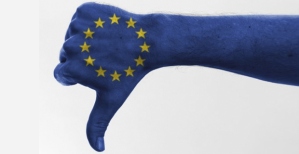
We’ve talked about Facebook’s pro-censorship stance (see Facebook Has Officially Begun Censoring Germany… and Mark Zuckerberg Caught On Mic Saying Facebook Will Delete Negative German Govt. Posts). So, it really shouldn’t be shocking to see their propaganda chief, Mark Zuckerberg, meet with his Chinese counterpart Liu Yunshan.
Mark Zuckerberg has held a rare meeting with China’s propaganda chief amid a crackdown by the Beijing authorities on the use of the internet.
Liu Yunshan told Zuckerberg that he hopes FB can share its experience with Chinese companies to help “internet development better benefit the people of all countries”, the official Xinhua news agency reported. Zuckerberg was in Beijing to attend an economic forum.
China has called for the creation of a global internet “governance system” and cooperation between countries to regulate internet use, stepping up efforts to promote controls that activists complain stifle free expression.
Facebook and other western social media companies including Twitter are banned in China. Zuckerberg has long been courting China’s leaders in a so far futile attempt to access the country with the world’s largest number of Internet users — 668 million as of last year.
http://louderwithcrowder.com/censorship-summit-facebook-meets-with-china/#.VvASkfkrKUm


